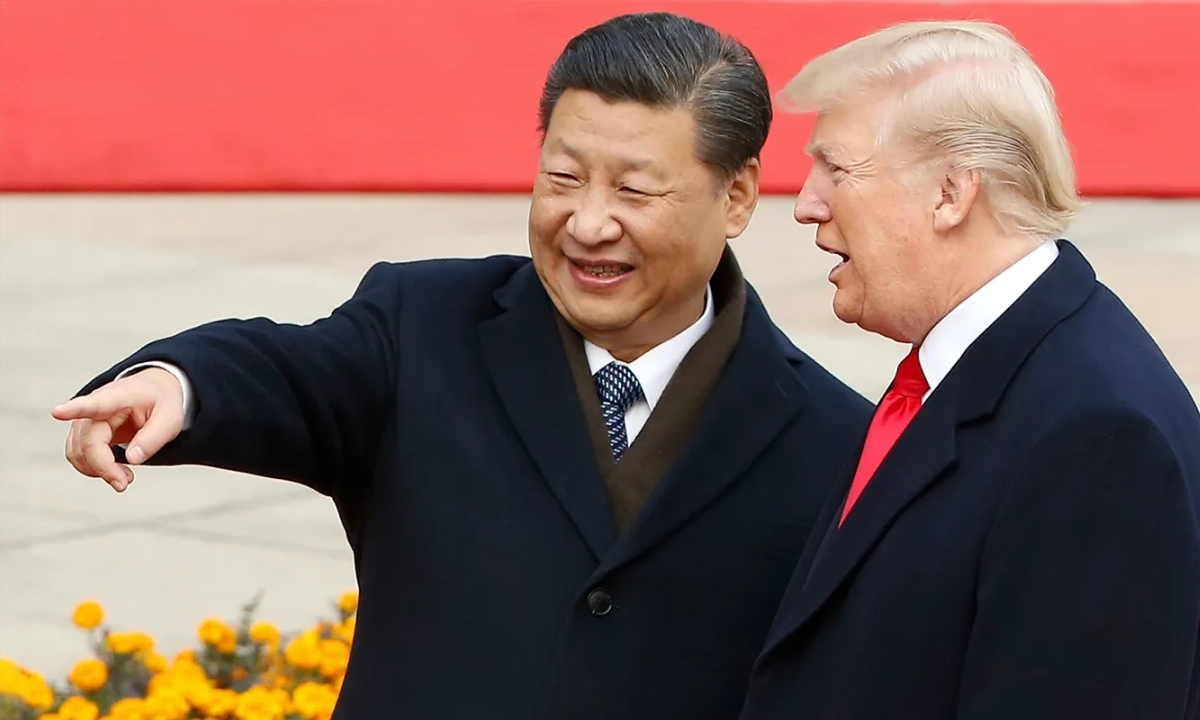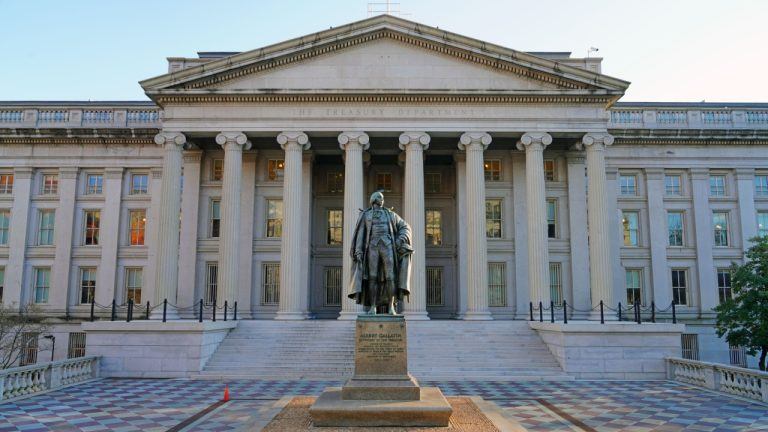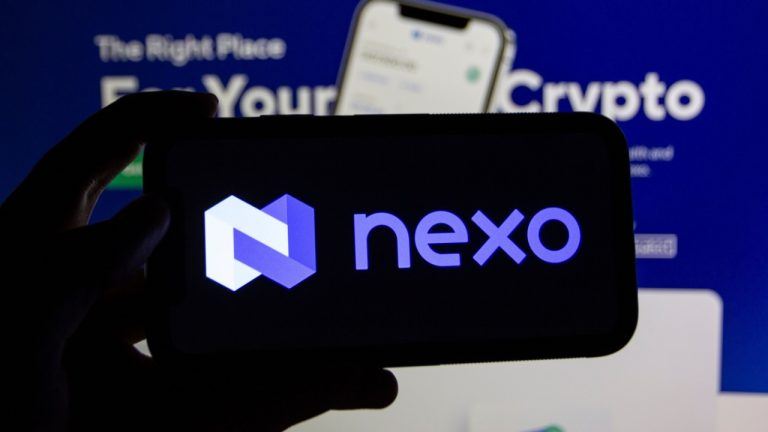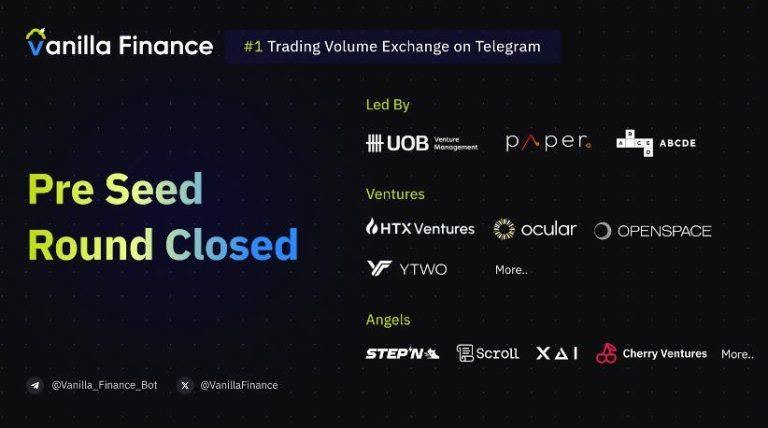
Although the travel industry is said to be in great need of digital innovation, according to Pablo Castillo, the CTO of the blockchain-based travel firm Chain4travel, “aviation is the most obvious sector to innovate with blockchain.” To support this assertion, Castillo, a former group CIO of Hotelplan Group, pointed to the aviation sector’s outdated technological infrastructures as well as its lack of standardized data.
Pablo Castillo on Blockchain and Travel
In written answers sent to Bitcoin.com News, the CTO also argued that the use of blockchain helps reduce fragmentation which at the moment is a defining characteristic of the travel industry. In addition, the use of this technology can also help bring “seamless operations across the industry.” However, much of how the technology can help reduce friction in the travel industry will depend on the agnostic nature of blockchain technology, Castillo argued.
When asked why he believes that the travel industry should have its own layer 1 blockchain, Castillo highlighted the seasonal nature of the industry. He argued that since the fees of most layer 1 blockchains are known to rise when network usage spikes, using these chains can therefore turn out to be “financially detrimental during high booking periods.”
Meanwhile, in his answers sent to Bitcoin.com News via Telegram, the Chain4travel CTO also touched on how blockchain can help pre-empt security incidents such as the data breach at Marriott in 2018. Below are Pablo Castillo‘s answers to all the questions.
Bitcoin.com News (BCN): What are the major categories of players in the travel industry and the challenges they face which could be solved using blockchain technology?
Pablo Castillo (PC): The travel industry is huge, consisting of many so-called travel verticals, like the airline industry, airports, car rental, hospitality, mobility, cruises, trains etc. The agnostic nature of blockchain technology makes it the ideal foundation for this immense industry worldwide. Although the entire industry has an enormous need for digital innovation, I believe aviation is the most obvious sector to innovate with blockchain.
Aviation is a complex domain with numerous stakeholders. If you know it from the inside, you also know that it is overloaded with outdated technological infrastructures and a pressing need for innovative solutions. Some of the longstanding challenges include the lack of standardized data and extremely long payment and settlement periods extending up to 12 months. We can also take ticket ownership issues and the potential for resale on secondary markets as an example to illustrate the new potential the blockchain solution will offer.
My experience in travel tech and understanding of blockchain’s transformative potential makes it clear that only with such a combination can most of the existing issues be solved. For example, we are working on a solution for transparent and immutable data standards, seamless payment processes and many other directions which have been raised by travel experts like blockchain-based loyalty programs.
The current models of loyalty programs are often overly complicated: travelers find it difficult to claim rewards, providers struggle with reward authentication, and all the partners have to provide manual reports or confirmations to each other.
BCN: There is already a good number of layer-1 blockchains that the travel industry could use to improve the experience for both service providers and users. So why then do some players in this industry advocate for an industry-specific layer-1 chain?
PC: The idea of Camino Network as a Layer 1 blockchain tailored for the travel industry is rooted in challenges, insights, and particular industry needs. Again, all of them are taken from the experience of the founders and the community.
It is not a secret that the travel industry is very much seasonal. There are ups and downs in booking periods, which generate different amounts of traffic. Most blockchains have gas fees dependent on the traffic, which could be financially detrimental during high booking periods. The higher the traffic — the higher the gas. Would you like to wait to book your ticket at night, when the gas fee is lower?
Therefore, Camino Network has its own gas fee structure. It is fixed and can only be changed via voting. And only validators of the network can vote on the gas fee. This means all the transaction cost control is in their hands, which ensures stability and predictability in transaction costs for the whole network.
Mind that every validator on Camino Network is a travel-related business and has to go through a Know Your Business (KYB) process to ensure trust. KYB provides verification but also plays a strategic role in building new partnerships among all consortium members. It eliminates the need for lengthy paper contracting processes.
The travel industry has many other unique sets of requirements and challenges that are constantly brought to the table by the community. These challenges are being addressed in a continuous phase of development of the core infrastructure of Camino Network. This approach allows solutions that are directly aligned with the industry’s challenges and blockchain capabilities. Such a scenario would not work with generic blockchains.
BCN: The travel industry is highly fragmented and this could be one of the reasons why friction runs deep in the industry. Can you describe how blockchain technology could help reduce this friction?
PC: If you look at the backend of the travel industry, you would be very much surprised at how overloaded the industry is. Numerous partners, service providers, and customer interfaces operate through a complex labyrinth of APIs. An average travel company easily has to maintain dozens of different APIs.
The key to reducing fragmentation and introducing seamless operations across the industry lies in the agnostic nature of blockchain technology. Therefore, Camino Network addresses these challenges with global data standards and shared connectivity.
Today’s travel is structured in verticals. There are airlines, accommodations, cruises, transport and other verticals, each with its own technology stacks. Let’s take an example and plan your next trip. In the airline vertical, you might be using an online platform like Kiwi for booking tickets. But for check-ins and boarding, you have to use the interface of the airline you travel with.
For accommodations, platforms like Booking will manage your stay, while the hotel will use different systems for in-stay services. This list can be very long because each vertical and platform operates independently, managing various aspects like bookings, payments, and customer interactions, often without intercommunication, leading to a fragmented user experience.
BCN: Given the nature of the travel industry, the B2B participants on the network need to be verified to ensure the safety of user data. How do you verify, if at all, such participants on the Camino Network before they gain the ability to deploy or interact with smart contracts?
PC: Both know your customer (KYC) and know your business (KYB) verifications are made through a third-party provider. Before deploying smart contracts, the deploying address must be successfully KYC or KYB verified. In contrast, interacting with smart contracts isn’t subject to this rule. Still, any smart contract can integrate a mechanism to verify an address’s status and block interactions if the address hasn’t been KYC/KYB verified. It’s our partners’ discretion to determine whether they want this level of verification in their smart contracts.
BCN: Privacy concerns in the travel industry are as real as they can get, considering travelers are required to share sensitive details. A data breach at Marriott in 2018 reportedly exposed up to 500 million guests’ information. There have been many other similar reports. Do you see blockchain technology helping keep user data safe and private?
PC: We have already touched upon the data privacy issues, saying that security is the core priority for Camino Network. At the moment, we are building a decentralized, encrypted travel messenger. It is an absolutely new tool aimed to provide a new level of connectivity to network participants and further enhance privacy and data security. The product is in the phase of MVP. We will test it within the closed community to make improvements before it is deployed on the mainnet and is available to all network participants.
The transparent nature of blockchains made us start working on such a solution. This encrypted messenger will facilitate secure communication between service providers first, and then we will introduce this messenger to travelers. What I can say now is that this tool is designed to ensure that sensitive information, such as offers, dates, personal details, or payment details, is exchanged in a secure and encrypted way and is accessible only by the parties involved in the transaction. A very simplified, but clear statement that can explain the essence of the messenger is enabling travel companies to “connect to one, connect to all.”
What are your thoughts about this interview? Let us know what you think in the comments section below.
Bitcoin News








Leave a Reply